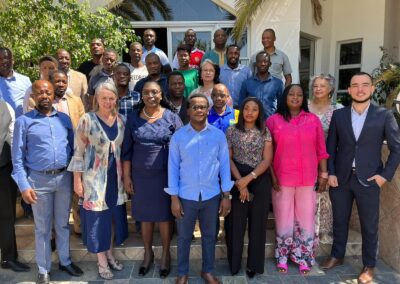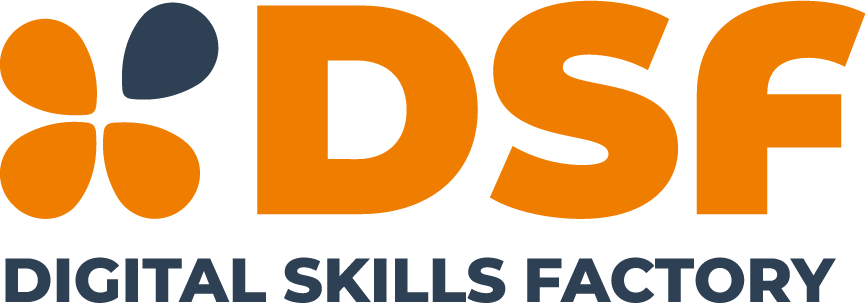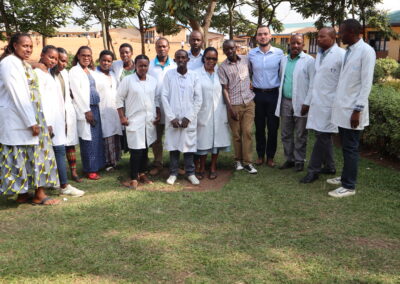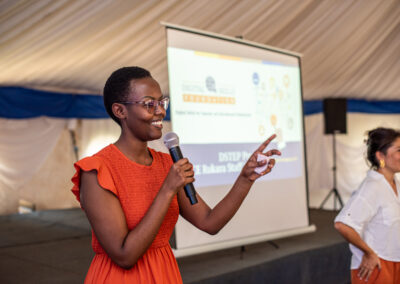IMPACT STORY
The BIG WIN for employability – Digital literacy in the education sector in Rwanda – Moving towards sustainability
Ongoing Project
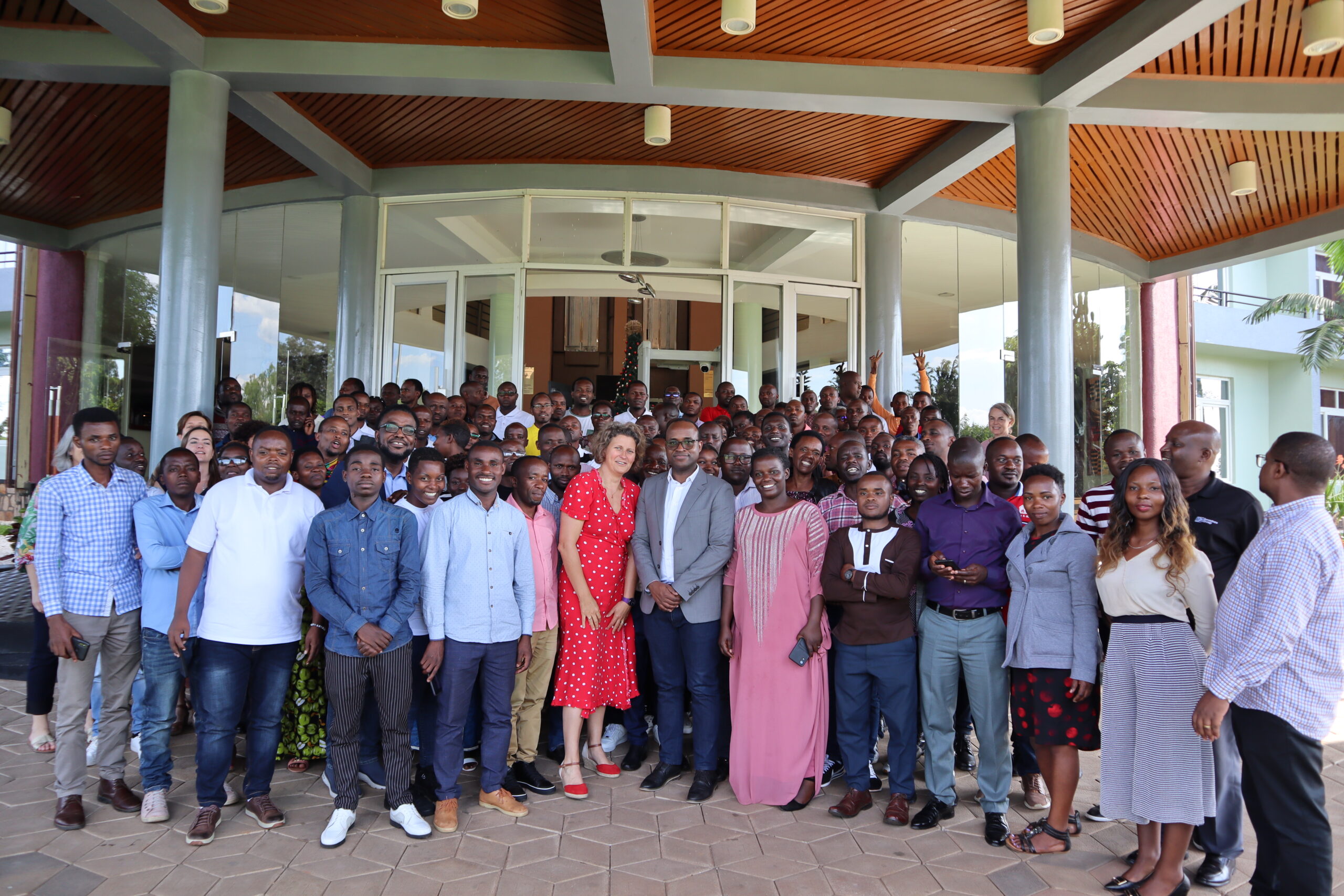
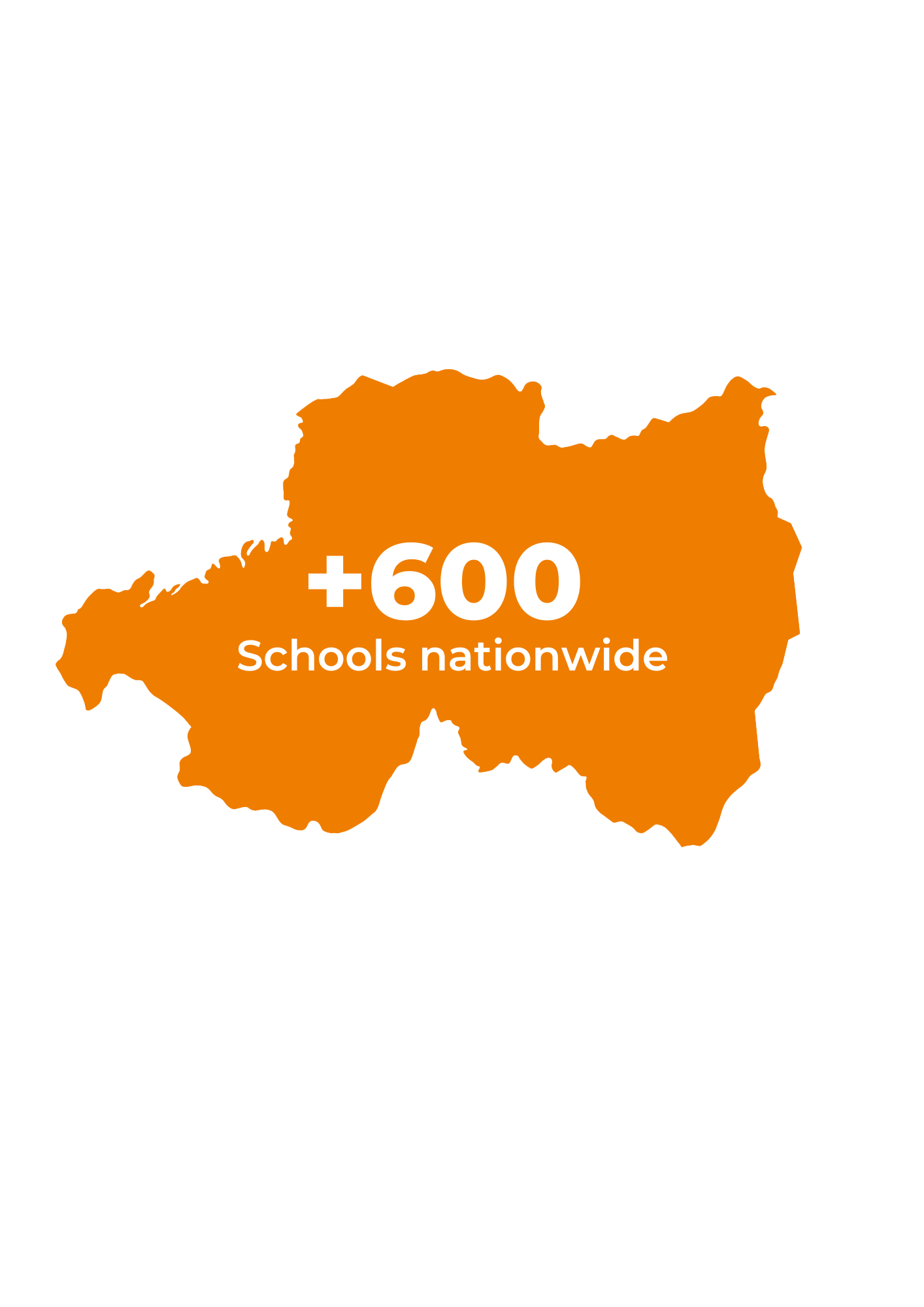
OBJECTIVES
DESIGN A SUSTAINABLE DIGITAL UPSKILLING SOLUTION
In partnership with key stakeholders in Rwanda, a sustainable and scalable solution to equip youth with essential digital literacy skills is put in place. This includes aligning the programme with national priorities and looking at ways to ensure sustainability for long-term impact.
IMPLEMENT AND EVALUATE THE SOLUTION AT SCALE
Test the upskilling solution at scale by focusing on two critical success factors:
- Youth Empowerment through Internationally Recognised Digital Certification
Deliver a comprehensive digital literacy training programme to secondary school students, ensuring that those leaving the school system obtain an internationally recognised digital certification that enhances their employability in both local and global markets.
- Teacher Upskilling in 21st Century Pedagogy and Well-being
Provide in-service teachers with professional development in learner-centred pedagogical practices and well-being strategies. This will enable them to support students’ digital learning journeys and foster engaging, future-ready classroom environments.
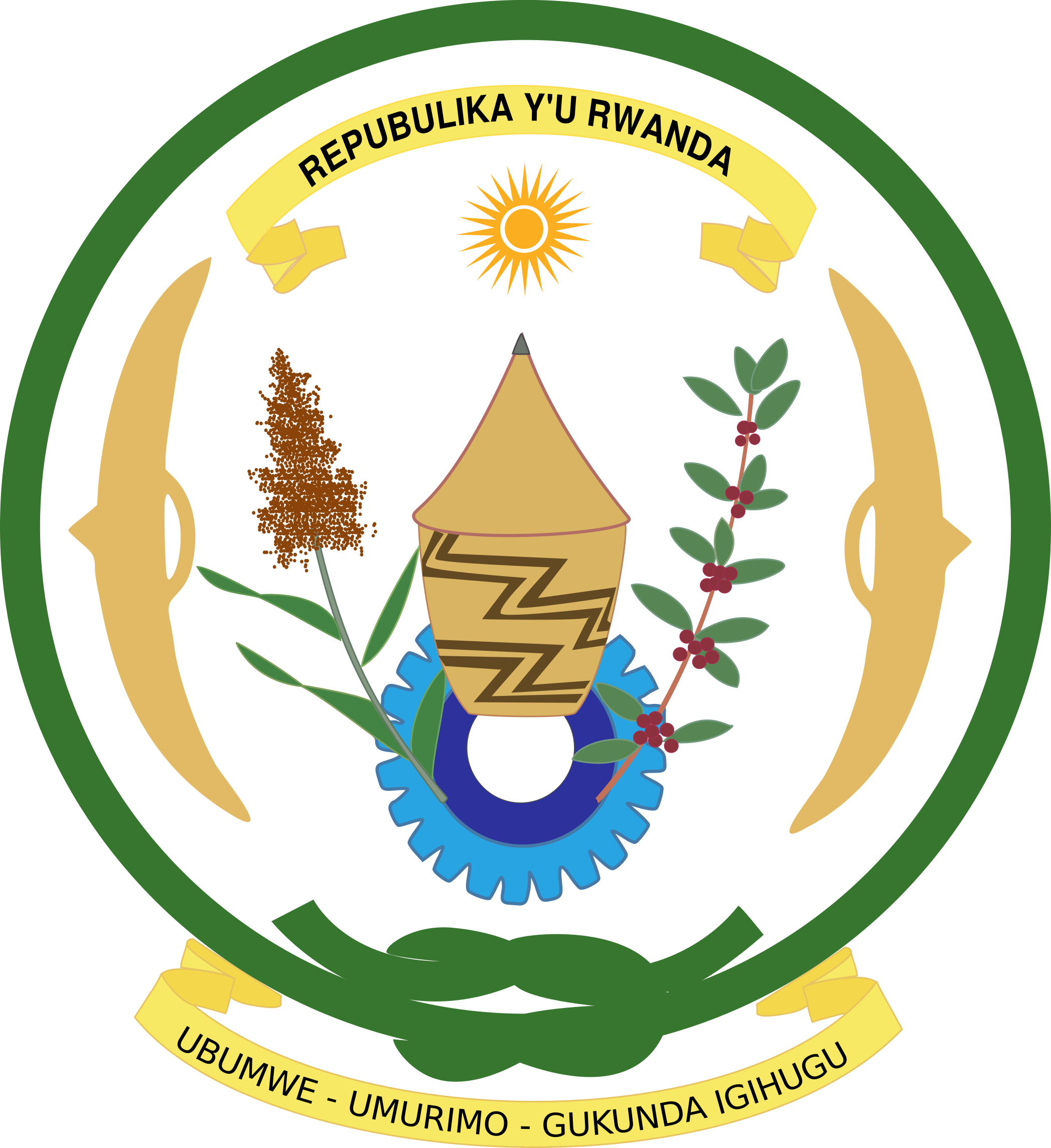
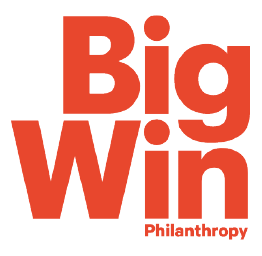
Key Metrics
%
Boost in Student's Digital Skills
%
Boost in Teacher's Digital Skills
Teachers certified
Students certified
Testimonials
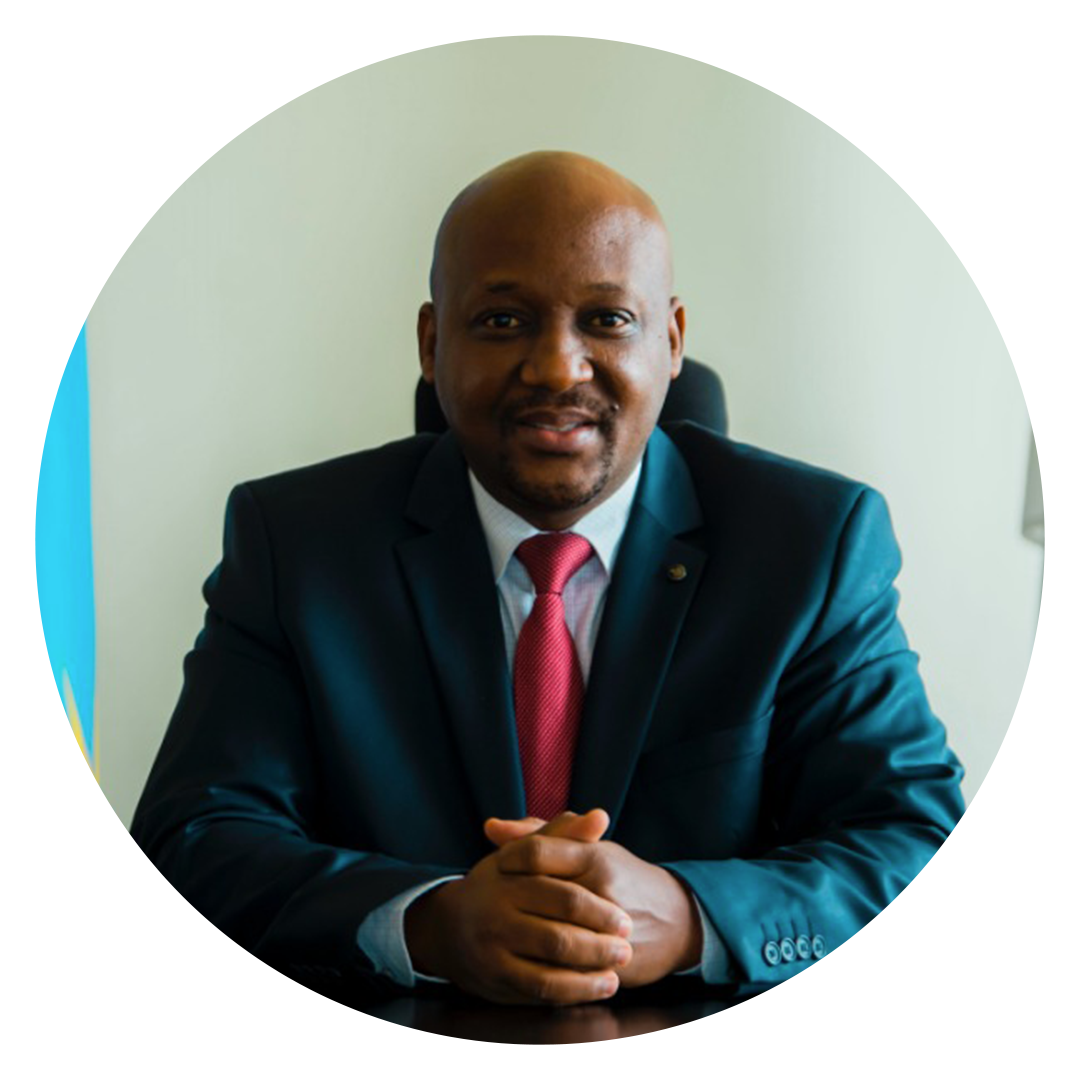
” The Rwanda Education Board is working with DSF to ensure the development of digital literacy programs and teacher skills, as the implementing arm of the Ministry of Education. While transitions require time, we have accomplished significant progress this year. Our efforts included providing REB email accounts to students enrolled in the program, integrating teacher training with competency development, and developing a sustainable plan to fully incorporate this service into our offerings to students in the coming years. “
Dr. Nelson MBARUSHIMANA,
Director General of Rwanda – Education Board

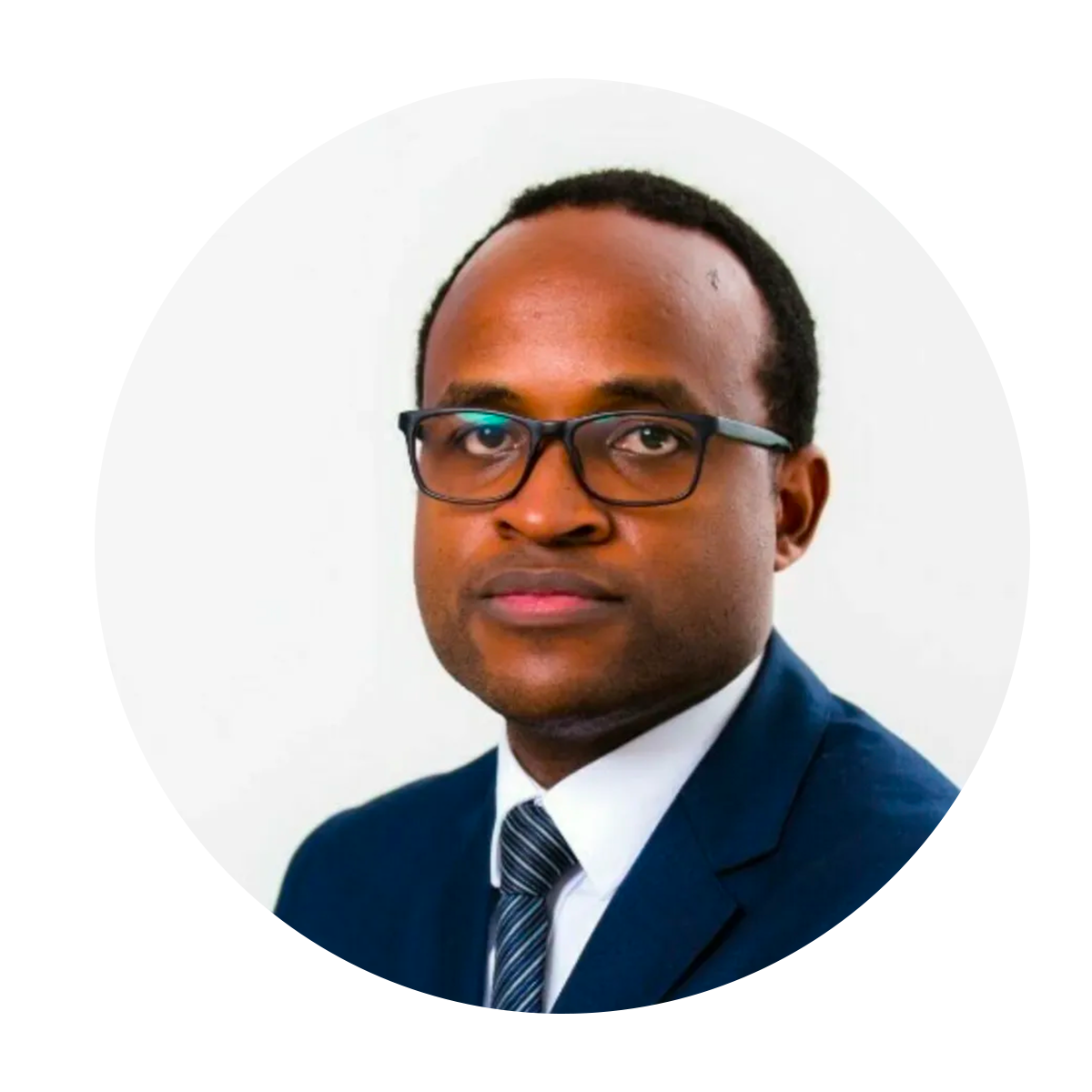
” The government of Rwanda is undertaking a nationwide digital transformation journey to advance towards a knowledge-based economy and enable young people to better prepare for employment. Our aim is to ensure the program’s sustainability through our collaboration with DSF in the future and enable all Rwandan students to be better equipped for the workplace.“
Gaspard Twagirayezu,
FORMER MINISTER OF EDUCATION
Paula Ingabire,
MINISTER OF ICT & INNOVATION
COURSES
Digital Competency Passport for Educators
Digital Competency Passport for Employment
Teacher Well-Being
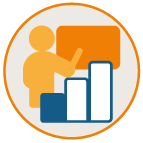
21st Century Teaching : Essentials
21st Century School Management
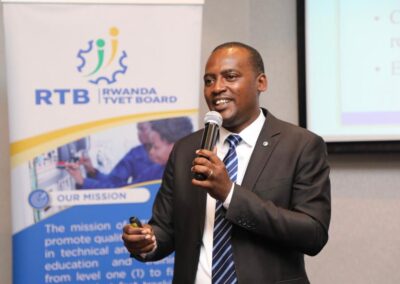
Transforming Vocational Training (TVET) in Rwanda through digital literacy and 21st century pedagogy
